7 Reishi Mushroom Benefits, Dosage, & Risks
Be mindful of this fungi before integrating it into your regular diet plan.
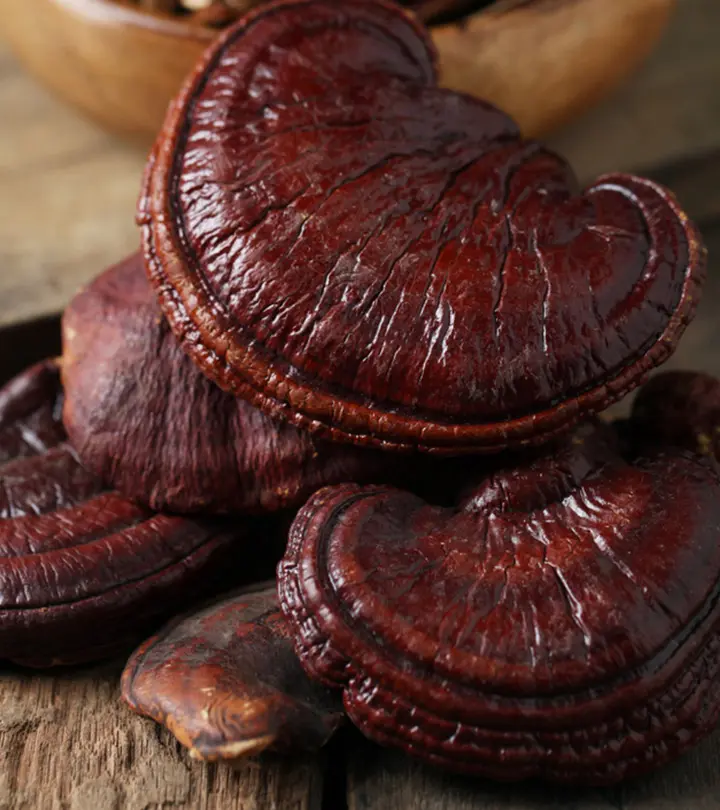
Image: Shutterstock
The benefits of Ganoderma mushrooms will convince you to add this ingredient to your diet. They are loaded with essential nutrients and beneficial bioactive compounds and help boost immunity and reduce cancer risk, contributing to a longer life (1).

Several other potential benefits of this superfood have been discovered in recent studies. This article discusses the benefits of Ganoderma mushrooms, their nutritional profile, and their risks. Keep reading.
 Know Your Ingredient: Reishi Mushrooms
Know Your Ingredient: Reishi MushroomsWhat Is It?
It is a fan-shaped fungus native to East Asia.
What Are Its Benefits?
It may aid in cancer prevention, fight depression, boost the immune system, and improve heart health.
Who Can Consume It?
All can consume it except those who are taking medications for blood pressure and blood clotting.
How Often?
You can consume it regularly but in moderation.
Caution
Avoid consuming reishi mushrooms if you experience stomach pain, or vomiting, and if you are pregnant or breastfeeding.
In This Article
What Are Ganoderma Mushrooms?
Ganoderma mushrooms are also called reishi mushrooms and are considered natural medicine for many ailments. They are fungi growing in the humid and hot regions in parts of Asia. The mushrooms have been recognized for their medicinal benefits over 2000 years ago, which have even been documented in ancient scriptures (1).
These mushrooms are large and black, with a glossy exterior and a woody texture. It is also the best and the most commonly used adaptogen mushroom that promotes wellness and longevity.
The major bioactive compounds in the mushrooms are terpenoids, steroids, phenols, nucleotides, and polysaccharides. They also contain proteins with all the essential amino acids.
They have a low fat content and a higher concentration of polyunsaturated fatty acids (1).
 Trivia
TriviaThese constituents of the mushrooms contribute to most of their health benefits.
Key Takeaways
- The immunomodulatory activities of Reishi mushrooms may help treat immune deficiency conditions in the body.
- These mushrooms were used as a traditional remedy for healing cardiac diseases and bettering respiratory health.
- People with diabetes may benefit from these mushrooms as they may prevent its progression.
- However, consuming them in powdered form may lead to liver complications.
What Are The Health Benefits of Ganoderma Mushrooms?
We are all aware of the various ways mushroom benefits our health. However, some mushroom species are considered more potent and beneficial than the rest. Ganoderma mushrooms, also called reishi mushrooms, are one of them. They play a significant role in cancer prevention, may help treat depression, and boost the immune system. Some studies also suggest that they may have a beneficial effect on heart health.
1. May Aid Cancer Prevention
In ancient China, the dried powder of the ganoderma mushroom was used as a cancer chemotherapy agent. In recent studies, the mushroom was also found to suppress the migration of breast and prostate cancer cells (2).
Another study focused on the mushroom’s ability to enhance tumor response to treatment and even stimulate host immunity (3). The study, however, warranted the need for more evidence before considering ganoderma mushroom as a first-line treatment for cancer.
The polysaccharides in the mushrooms also play key roles in cancer treatment. They have been found to show potential preventive effects against cancers of the lungs, liver, skin, blood, and colon (4).
2. May Help Fight Depression

Rat studies shed light on the anti-depressant potential of the ganoderma mushrooms (5).
The mushroom was found to have anti-depressant properties similar to that of fluoxetine, a drug used in depression treatment (6).
In another study, the extracts of ganoderma mushrooms had a therapeutic effect on patients dealing with neurasthenia (a medical condition associated with emotion disturbance). Groups given the mushroom extract were found to show better responses to treatment (7).
3. May Enhance Immunity

Ganoderma mushrooms possess potent immunostimulating properties and are often considered the primary choice of treatment for any immune deficiency disease. In mice studies, these could boost the immune response in the organisms, which was reduced due to heavy-load exercise (8).
The polysaccharides in the mushrooms achieved this by elevating the concentrations of peripheral white blood cells and boosting the function of cell macrophages (8).
Some types of ganoderma mushrooms were also found to modulate inflammation pathways in white blood cells (9).
4. May Promote Heart Health

Ganoderma mushrooms were used in ancient China to strengthen cardiac function (1).
Another study shows that the mushrooms may help assist with cholesterol reduction in individuals with diabetes. The mushrooms were also found to elevate good cholesterol levels (10).
But another study did not find any significant link between ganoderma mushrooms and cardioprotection (11).
The cardioprotective properties of ganoderma mushrooms are yet to be investigated. Hence, consult your doctor before consuming them to ensure that cardiovascular health is unaffected.
5. May Lower Blood Sugar Levels

Extracts of ganoderma mushrooms have been observed to have anti-diabetic potential. In mice studies, these mushrooms increased plasma insulin levels and reduced plasma sugar levels (12).
These mushrooms were also found to prevent the progression of diabetic renal complications (13). They were identified to be potentially beneficial in treating type 2 diabetesi A chronic condition where the body fails to produce and use sufficient insulin, causing abnormally high blood sugar levels. . They achieve this by suppressing certain enzymes involved in gluconeogenesisi The process of creating glucose by the liver from non-carbohydrate substances like proteins or fats. .
6. May Relieve Allergy Symptoms
Ganoderma has anti-allergic and anti-inflammatory properties. It has immunomodulating effects that make it a potential solution for treating allergy symptoms (14). According to a study conducted on guinea pigs with allergic rhinitis, it was found that reishi mushrooms reduced nasal blockage and hypersensitivity triggered by pollen. It also lowered the sensitivity of the nose to any substance that caused nasal reactions. The study suggests that daily treatment with ganoderma could be a promising solution for those with allergic rhinitis (15).
7. May Prevent Seizures
The reishi mushroom has anticonvulsant and neuroprotective effects that may help prevent seizures. According to a study, it was found that the mushroom reduced seizures and protected the brain by reducing damage in specific brain regions, decreasing inflammation, and lowering the expression of certain proteins linked to inflammation (16).
Ganoderma mushrooms are also thought to improve the antioxidant status of an individual. This way, they may protect your body’s cells from free radicals. However, there is no concrete research to establish this. The mushrooms may improve antioxidant status, given the presence of beneficial compounds.
Devin, a Youtuber, shared her experience with reishi mushrooms in an attempt to reduce her anxiety. She states, “It has officially been almost a month, reishi has absolutely been helping me. For the past two weeks I have had bronchitis and the flu. And, I have been on steroids, I have been on all these kinds of medications, I find that when I drink my reishi drink in the morning, it helps me feel grounded and not so jittery (i).”
 Trivia
TriviaGanoderma mushrooms are being extensively studied only since recent times. As the future unfolds, we expect to discover more such beneficial effects. All of those can be attributed to the nutritional profile of the mushrooms, which we will look at in the following section.
What Is The Nutritional Profile Of Ganoderma Mushrooms?
Ganoderma mushrooms are composed of various bioactive compounds, including terpenoids, steroids, phenols, nucleotides, glycoproteins, and polysaccharides. They are especially rich in lysine and leucine, two essential amino acids. The mushrooms are also significantly higher in polyunsaturated fatty acids.
In addition, about 28% of the mushrooms is carbohydrate, 5% is crude fat, 59% is crude fiber, and 8% is crude protein (1).
Looking at the nutritional profile, we might feel ganoderma mushrooms are the real deal. Of course, they are replete with powerful nutrients to provide nutrition, and energy, and maintain vitality. But there is another side of science that has questioned their safety.
 Fun Fact
Fun FactWhat Are The Potential Risks Of Ganoderma Mushrooms?

There was a case of liver damage following intake of the mushrooms. A woman who had taken a formulation of ganoderma mushroom experienced serious hepatotoxicityi A chronic chemical-driven liver injury or damage due to exposure to a group of drugs or any herbal substance. . She saw gradual improvements in her symptoms once she stopped her intake. In this case, the woman consumed not the mushrooms but their powdered formulations (17).
Another such hepatotoxic case was observed in two patients who had taken ganoderma mushroom powder (18).
Reishi mushrooms, when combined with blood-thinning medications like warfarin or aspirin, may increase the risk of bleeding due to their potential anticoagulant effects (19). Additionally, reishi mushrooms may counteract the effects of immunosuppressant medications used by individuals with autoimmune diseases or those who have undergone organ transplants, as they may stimulate the immune system. Anyone on these medications needs to consult their doctor before incorporating reishi mushrooms into their diet, as these interactions can lead to serious, potentially life-threatening health issues.
Some other sources even hint at the possibility of ganoderma mushrooms being potentially harmful to pregnant and breastfeeding women. These mushrooms may also increase the risk of bleeding disorders and lower blood pressure way too much. However, there is no concrete research to prove this. But it is better to be on the safer side. If you have any specific medical condition or are pregnant/breastfeeding, please check with your doctor before taking ganoderma mushrooms.
What Is Their Ideal Dosage?
The ideal dosage for ganoderma mushrooms is yet to be established. While the recommended dose of the actual mushroom is not known, the dosage of the mushroom extract can range between 1.4 to 3 grams per day (11). However, this also is a rough assumption. Do check with your doctor for the right dosage for you.
Infographic: 5 Ways Ganoderma Mushrooms May Improve Your Health
Ganoderma or reishi mushrooms have been used in traditional Asian medicine for centuries to treat various ailments. They are rich in essential nutrients and compounds, making them an excellent addition to your diet. Check out the infographic below to learn how these bitter-tasting mushrooms can improve your health.
Some thing wrong with infographic shortcode. please verify shortcode syntaxGanoderma mushrooms, also known as reishi mushrooms, are fungi with medicinal properties and anti-inflammatory effects. The many benefits of Ganoderma mushrooms can be attributed to their rich bioactive compounds and nutritional profile that help promote wellness. The consumption of these mushrooms may aid in cancer prevention, help fight depression, enhance immunity, lower cholesterol levels, provide liver support, blood sugar regulation, and treat type 2 diabetesi A chronic condition where the body fails to produce and use sufficient insulin, causing abnormally high blood sugar levels. . However, they may also cause liver damage and bleeding disorders and lower blood pressure way too much if taken in excess. Hence, consume them in the recommended dosage.
Frequently Asked Questions
Is ganoderma mushroom good for weight loss?
Some research suggests it may be good for weight loss, based on animal studies. But more research is warranted (19).
Do the mushrooms help you sleep?
Some sources say they do. But there is less information available on this.
Is mushroom coffee healthy?
Yes, it can be. It can have similar benefits to the mushrooms. But do check with your doctor before taking the beverage.
Can Reishi mushrooms help with anxiety and stress?
Anecdotal evidence suggests that compounds present in the mushrooms might help with anxiety and stress relief. However, there is scope for more research to find out the effects of mushrooms on anxiety and stress.
How do Reishi mushrooms affect fatigue?
Anecdotal evidence suggests that Reishi mushrooms have immune-boosting properties, which may help overcome fatigue and improve overall health. Further research in the future will reveal more about the particular mechanisms.
Are Reishi mushrooms safe for people with liver or kidney problems?
Reiki mushroom has potential health benefits for the liver and kidney. However, anecdotal evidence suggests that the mushroom can interact with other drugs and exacerbate existing kidney and lung issues. Exercise caution and consult a doctor before consuming it.
Are there any specific preparations of Reishi mushrooms that are more effective for certain health conditions?
You can combine Reiki mushrooms with other vegetables, whole-grain pasta, and tofu, and make sauces, to prepare healthier dishes.
Are there any risks associated with consuming Reishi mushrooms for people with autoimmune diseases?
There is limited research available on the immunomodulatory effects of Reishi mushrooms. Anecdotal evidence suggests that the mushroom potentially can suppress autoimmune responses, but it might also interact with other drugs and medication.
Illustration: Reishi Mushroom (Ganoderma Lucidum) Benefits, Dosage, & Risks
_benefits_dosage__risks_illustration.jpg.webp)
Image: Stable Diffusion/StyleCraze Design Team
References
Articles on StyleCraze are backed by verified information from peer-reviewed and academic research papers, reputed organizations, research institutions, and medical associations to ensure accuracy and relevance. Read our editorial policy to learn more.
- Ganoderma lucidum, Herbal Medicine: Biomolecular and Clinical Aspects, National Center for Biotechnology Information, National Institutes of Health.
https://www.ncbi.nlm.nih.gov/books/NBK92757/ - Ganoderma lucidum (Reishi) in cancer treatment, Integrative Cancer Therapies, US National Library of Medicine, National Institutes of Health.
https://pubmed.ncbi.nlm.nih.gov/14713328/ - Ganoderma lucidum (Reishi mushroom) for cancer treatment, The Cochrane Database of Systematic Reviews, US National Library of Medicine, National Institutes of Health.
https://www.ncbi.nlm.nih.gov/pmc/articles/PMC6353236/ - Ganoderma: A Cancer Immunotherapy Review, Ethnopharmacology, Frontiers in Pharmacology.
https://www.frontiersin.org/journals/pharmacology/articles/10.3389/fphar.2018.01217/full - Antidepressant-like effects of a water-soluble extract from the culture medium of Ganoderma lucidum mycelia in rats, BMC Complementary and Alternative Medicine, US National Library of Medicine, National Institutes of Health.
https://www.ncbi.nlm.nih.gov/pmc/articles/PMC3879659/ - Antidepressant-Like Activity of Ethanol Extract of Ganoderma lucidum (Reishi) in Mice, International Journal of Medical Research & Health Sciences.
https://www.ijmrhs.com/medical-research/antidepressantlike-activity-of-ethanol-extract-of-ganoderma-lucidum-reishi-in-mice.pdf - A randomized, double-blind and placebo-controlled study of a Ganoderma lucidum polysaccharide extract in neurasthenia, Journal of Medicinal Food, US National Library of Medicine, National Institutes of Health.
https://pubmed.ncbi.nlm.nih.gov/15857210/ - Immunomodulatory effect of ganoderma lucidum polysaccharides (GLP) on long-term heavy-load exercising mice, International Journal for Vitamin and Nutrition Research, US National Library of Medicine, National Institutes of Health.
https://pubmed.ncbi.nlm.nih.gov/23823923/ - The effects of two different ganoderma species (Lingzhi) on gene expression in human monocytic THP-1 cells, Nutrition and Cancer, US National Library of Medicine, National Institutes of Health.
https://pubmed.ncbi.nlm.nih.gov/20574926/ - Study of potential cardioprotective effects of Ganoderma lucidum (Lingzhi): results of a controlled human intervention trial, The British Journal of Nutrition, US National Library of Medicine, National Institutes of Health.
https://pubmed.ncbi.nlm.nih.gov/21801467/ - Ganoderma lucidum mushroom for the treatment of cardiovascular risk factors, The Cochrane Database of Systematic Reviews, US National Library of Medicine, National Institutes of Health.
https://pubmed.ncbi.nlm.nih.gov/25686270/ - Anti-diabetic effects of Ganoderma lucidum, Phytochemistry, US National Library of Medicine, National Institutes of Health.
https://pubmed.ncbi.nlm.nih.gov/25790910/ - Effect of medicinal mushrooms on blood cells under conditions of diabetes mellitus, World Journal of Diabetes, US National Library of Medicine, National Institutes of Health.
https://www.ncbi.nlm.nih.gov/pmc/articles/PMC5437617/ - Suppression of inflammatory and allergic responses by pharmacologically potent fungus Ganoderma lucidum
https://pubmed.ncbi.nlm.nih.gov/24948193/ - Effect of Ganoderma lucidum on pollen-induced biphasic nasal blockage in a guinea pig model of allergic rhinitis
https://pubmed.ncbi.nlm.nih.gov/21698671/ - Anticonvulsant and neuroprotective effects of oligosaccharides from Lingzhi or Reishi medicinal mushroom, Ganoderma lucidum (Higher Basidiomycetes)
https://pubmed.ncbi.nlm.nih.gov/24266379/ - Hepatotoxicity due to a formulation of Ganoderma lucidum (lingzhi), Journal of Hepatology.
https://www.journal-of-hepatology.eu/article/S0168-8278(04)00258-2/fulltext - Fatal fulminant hepatitis associated with Ganoderma lucidum (Lingzhi) mushroom powder, Journal of the Medical Association of Thailand, US National Library of Medicine, National Institutes of Health.
https://pubmed.ncbi.nlm.nih.gov/17621752/ - The beneficial effects of Ganoderma lucidum on cardiovascular and metabolic disease risk
https://pmc.ncbi.nlm.nih.gov/articles/PMC8409941/ - Ganoderma lucidum reduces obesity in mice by modulating the composition of the gut microbiota
https://www.ncbi.nlm.nih.gov/pmc/articles/PMC4557287/
Read full bio of Madhu Sharma
Read full bio of Ravi Teja Tadimalla
Read full bio of Arshiya Syeda
Read full bio of Sindhu Koganti






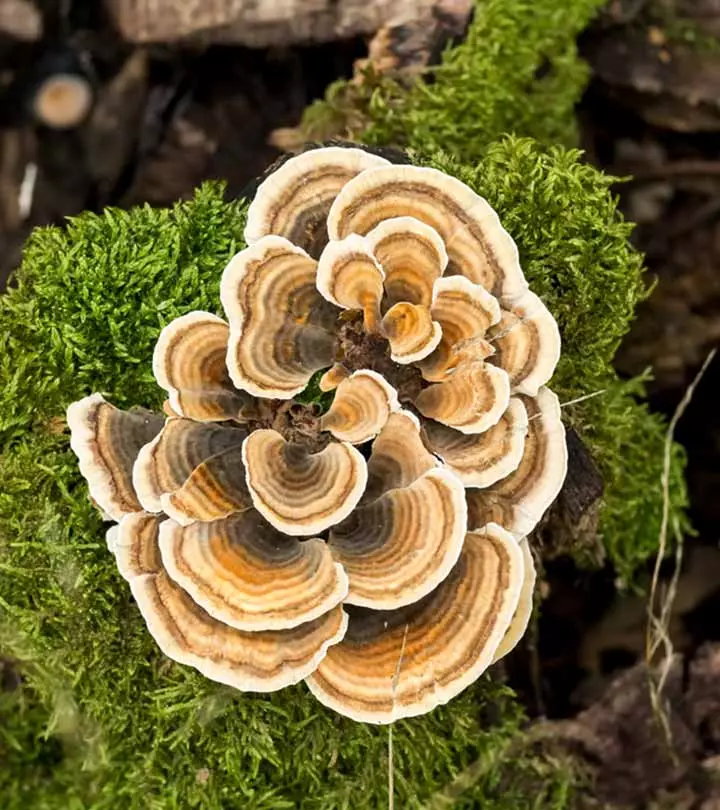
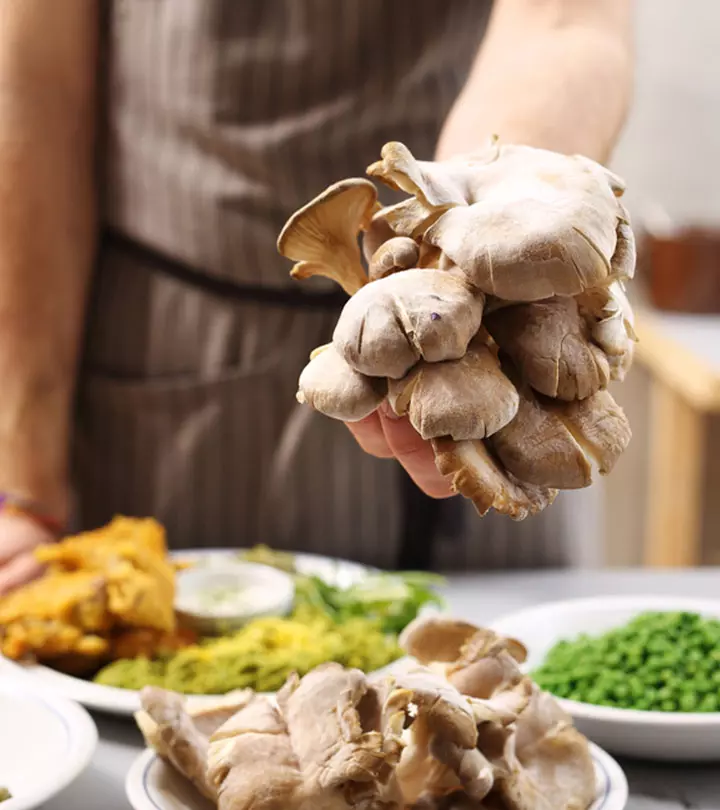
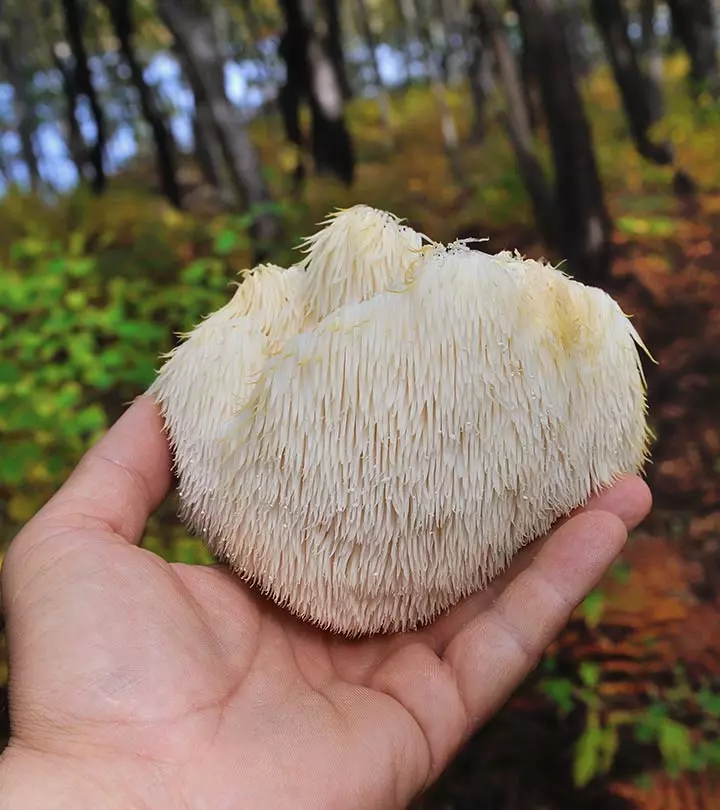
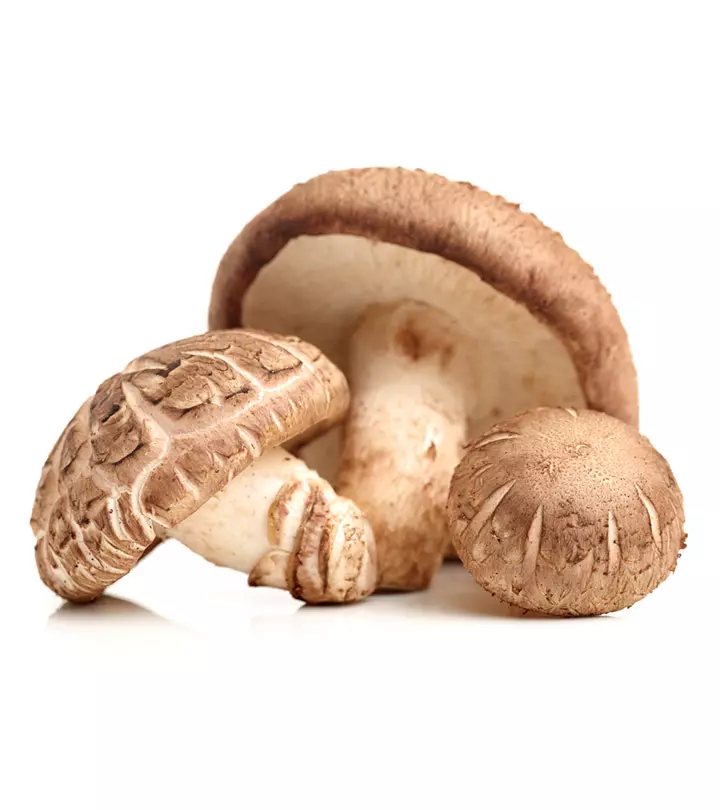

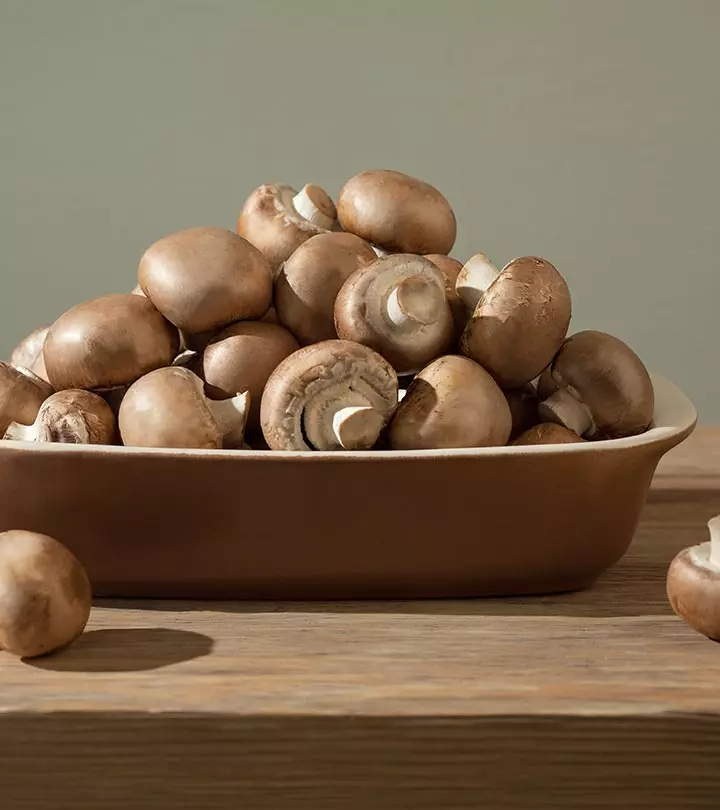
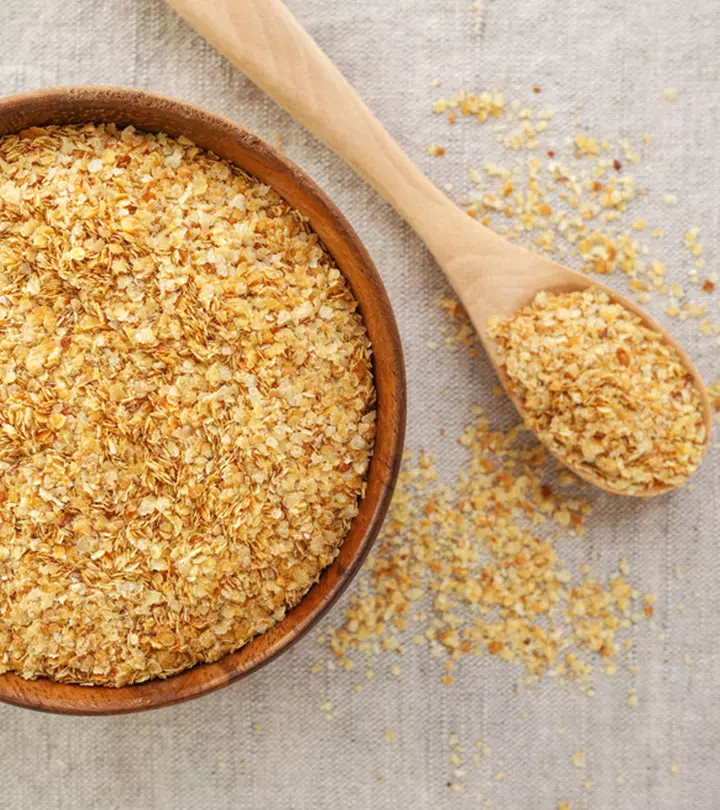

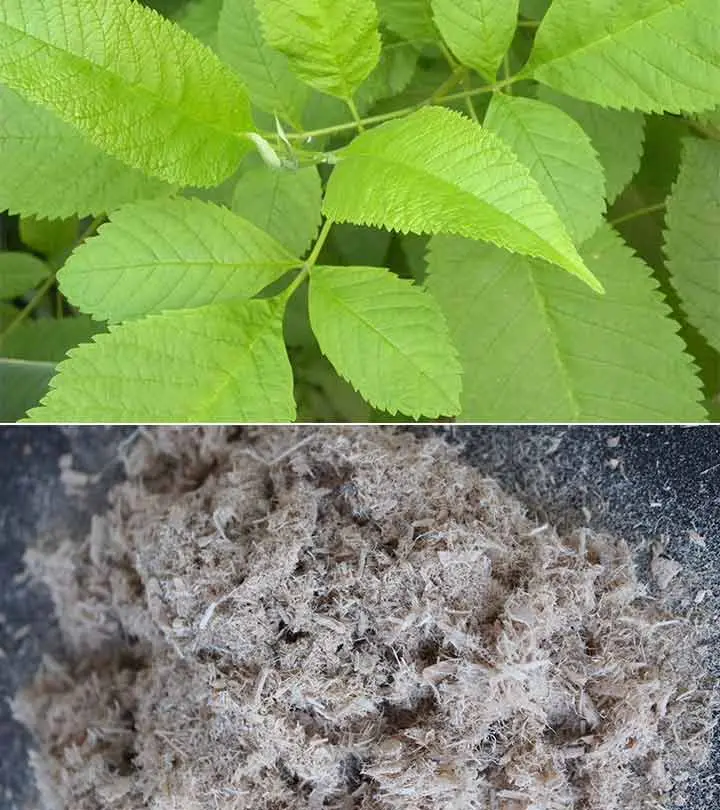

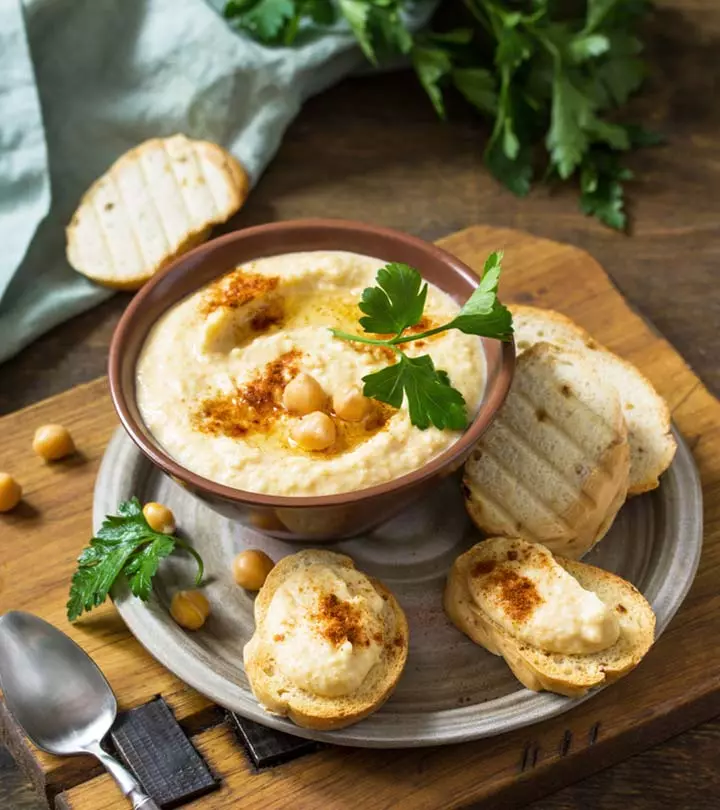
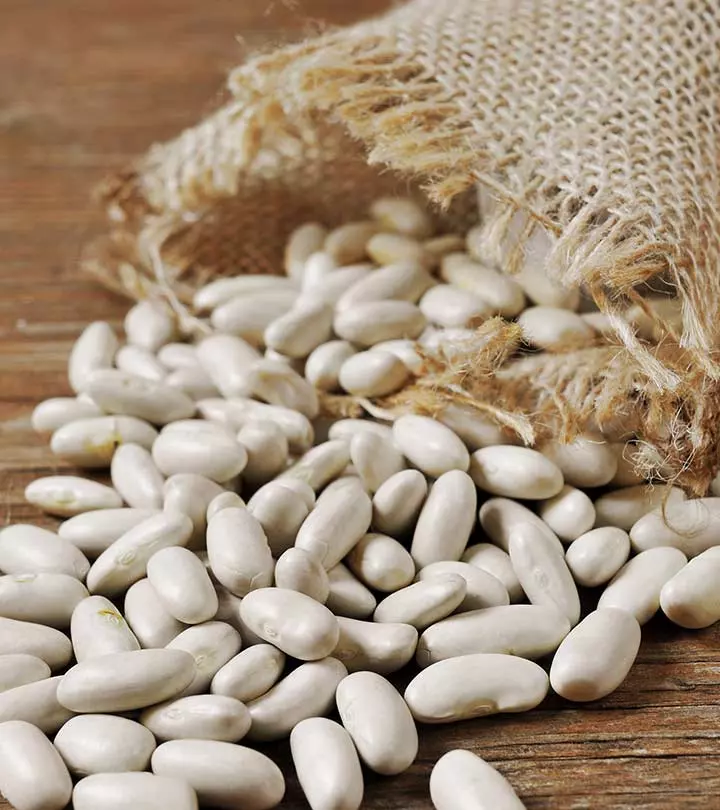

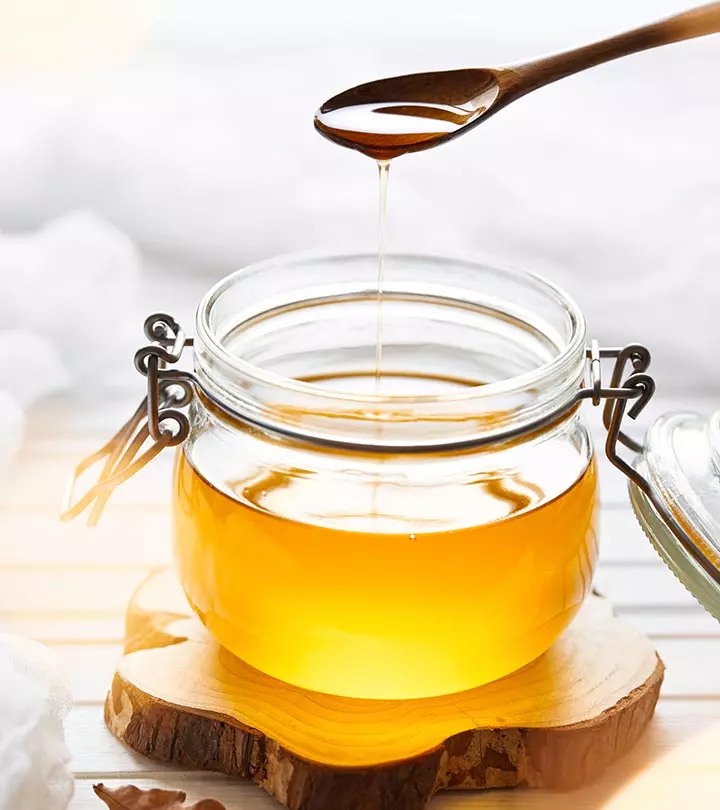
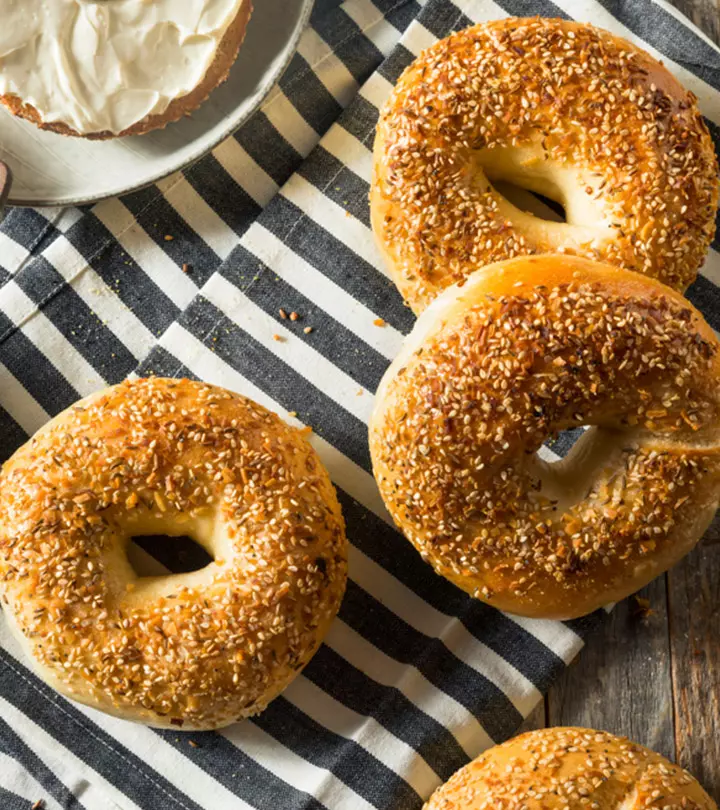
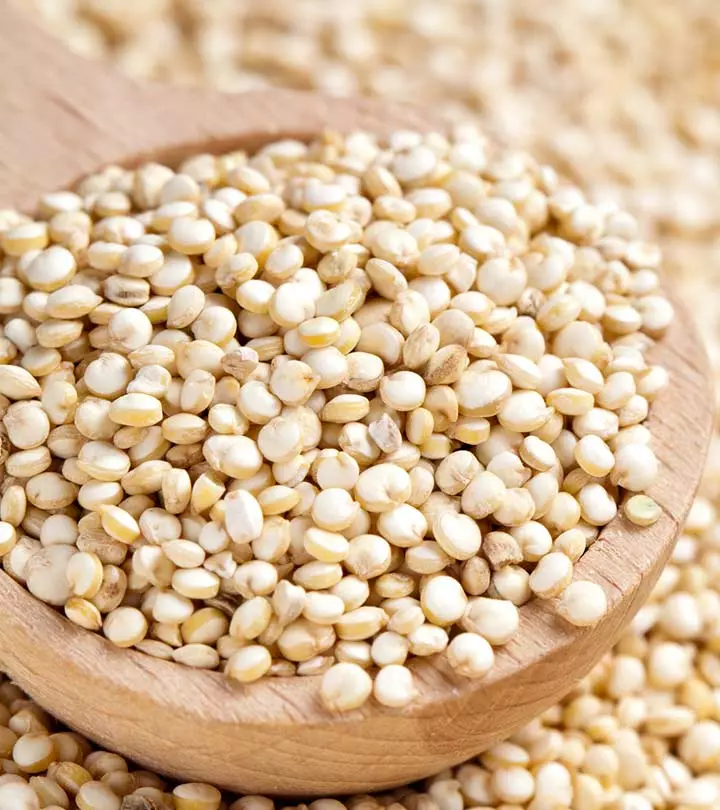

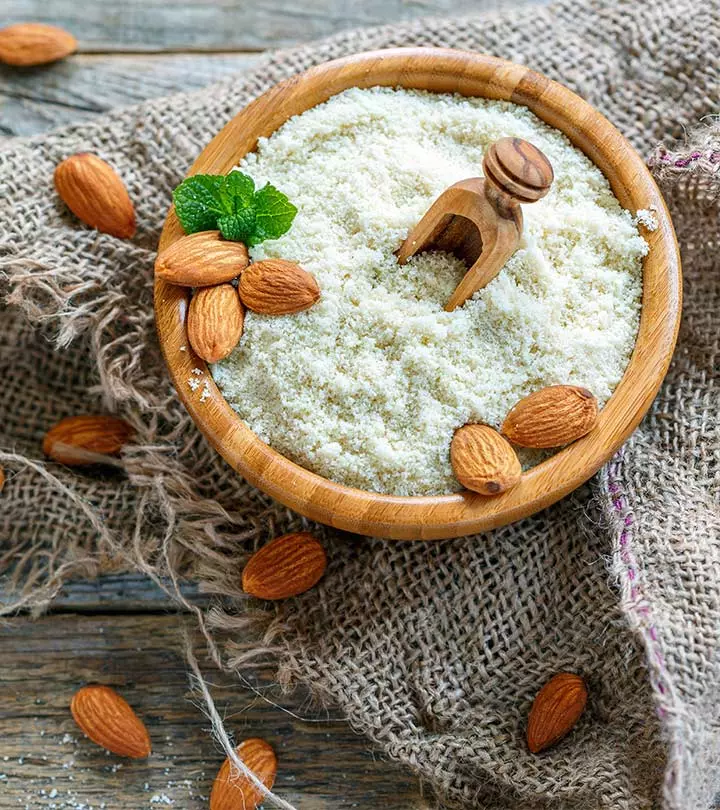



Community Experiences
Join the conversation and become a part of our empowering community! Share your stories, experiences, and insights to connect with other beauty, lifestyle, and health enthusiasts.